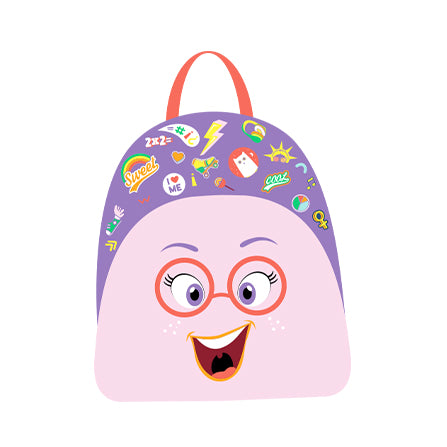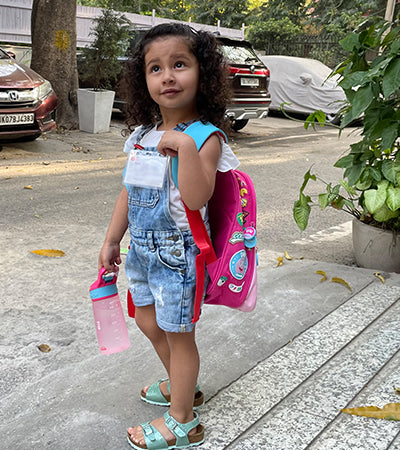Importance of Consent Education for your child
Consent education is an important element of your child's sexual health education. It's a basic principle that may be taught to anyone at any age. It teaches your youngster that their opinions matter and that they have options. They'll also learn to respect others' decisions as they gain a better understanding of consent. When your child understands how to obtain and provide consent, they will be more likely to engage in appropriate, respectable, secure, and delightful sexual experiences when they are ready. Early conversations with youngsters create a basis for open and straightforward conversations as they reach adulthood. You can introduce ideas about consent to your younger child without associating it with sex. As your child grows older, you can begin speaking about sexual consent more frankly and directly.
For many modern parents, concerns about sexual assault and rape are high on the agenda. In the era of #MeToo and with alleged child sex traffickers like Jeffery Epstein making headlines, the attitude of sons, daughters, and their contacts feels increasingly precarious as they grow up. No parent wants their child to be a sexual assault victim or perpetrator. As a result, the importance of early consent lessons cannot be overstated. However, this does not imply that the teachings must be terrifying or anxiety-inducing. Those conversations don't even have to be about sex. Consent, after all, is all about setting limits. There are several ways that can help you talk about difficult topics and have challenging talks with your child, regardless of their age. Here are a few ways:
1)When you get the chance, strike up a little conversation: Because 'big chats' about consent can be difficult, it's often best to seize chances when they arise. You could, for example, take a moment from a book, TV programme, or movie to start a talk about consent. If your youngster refuses to discuss it, you can explain you'd want to have a little chat anyhow.
2)Discover what your kid understands and believes: You can do this by asking open-ended questions. 'How do you feel about Prince Charming kissing Sleeping Beauty while she's sleeping?' for example. or 'How do you imagine Han Solo kissing Princess Leia after backing her into a corner?'
3)Correcting misleading information & providing explanations: It's crucial to utilise language and examples that your child can comprehend. Your explanation for younger children could be on personal boundaries. 'It's your body, therefore you get to choose who hugs, kisses, or tickles you,' for example. If you are uncomfortable or afraid, you have the option to say “NO”. You can be more open about sexual consent with older children and teenagers. For example, say things like 'You can't presume that someone has given verbal consent, even when you're in a relationship,' It is critical to always inquire.
4)Check to see if your child has any inquiries: If you don't know what to say when your child asks a question, tell them you're glad they asked, that you don't know the answer and that you'll look into it and get back to them. Then make certain you return to your child.
How to engage your child with the concept of consent on an everyday basis

1) Giving them the choice whether they want to be cuddled, kissed OR NOT by anyone.

2) Respect your child’s privacy, when they are changing clothes or using the bathroom.

3) Take your child’s approval while taking or posting pictures.

4) It’s important to teach them about good touch & bad touch and be vocal about it if they are being touched inappropriately or made them feel uncomfortable. Especially, now that the Holi festival is around the corner, people take advantage of the festival and so teach them about it and to abide by it for themselves as well.

5) Talk about their friends and what they value in their friendship. Check for signs of whether they are being treated well by their friends and vice versa. This will instill the idea of having Respectful Relationships.
All the best raising strong & brave kids!












 Rinda Angom
Rinda Angom

